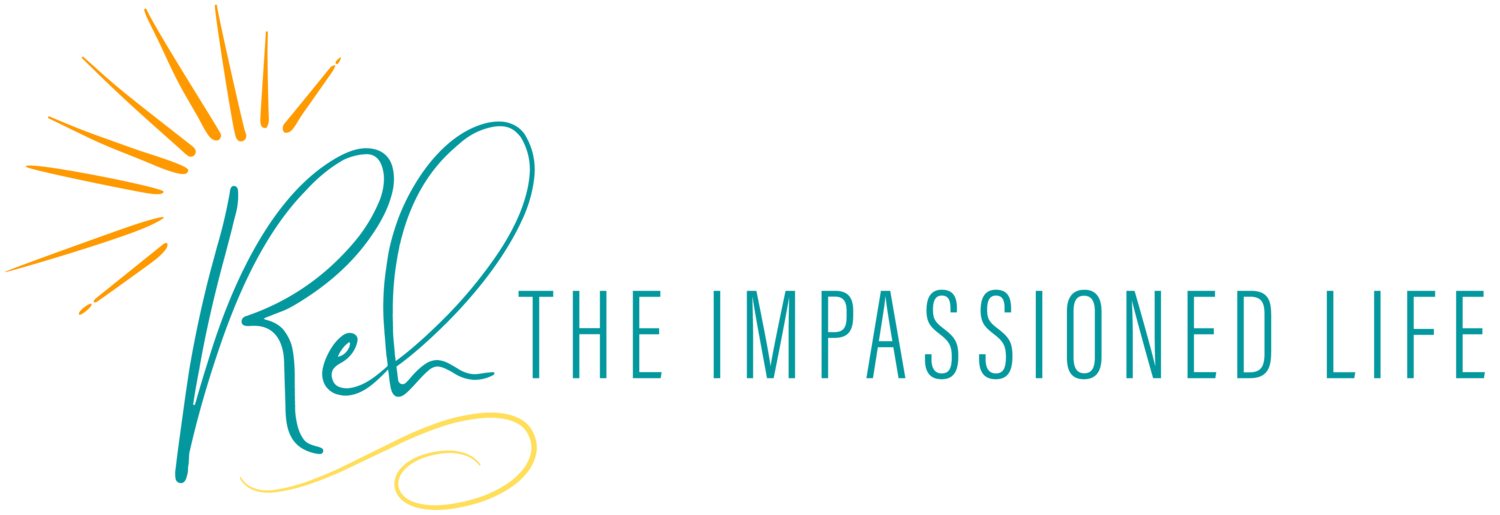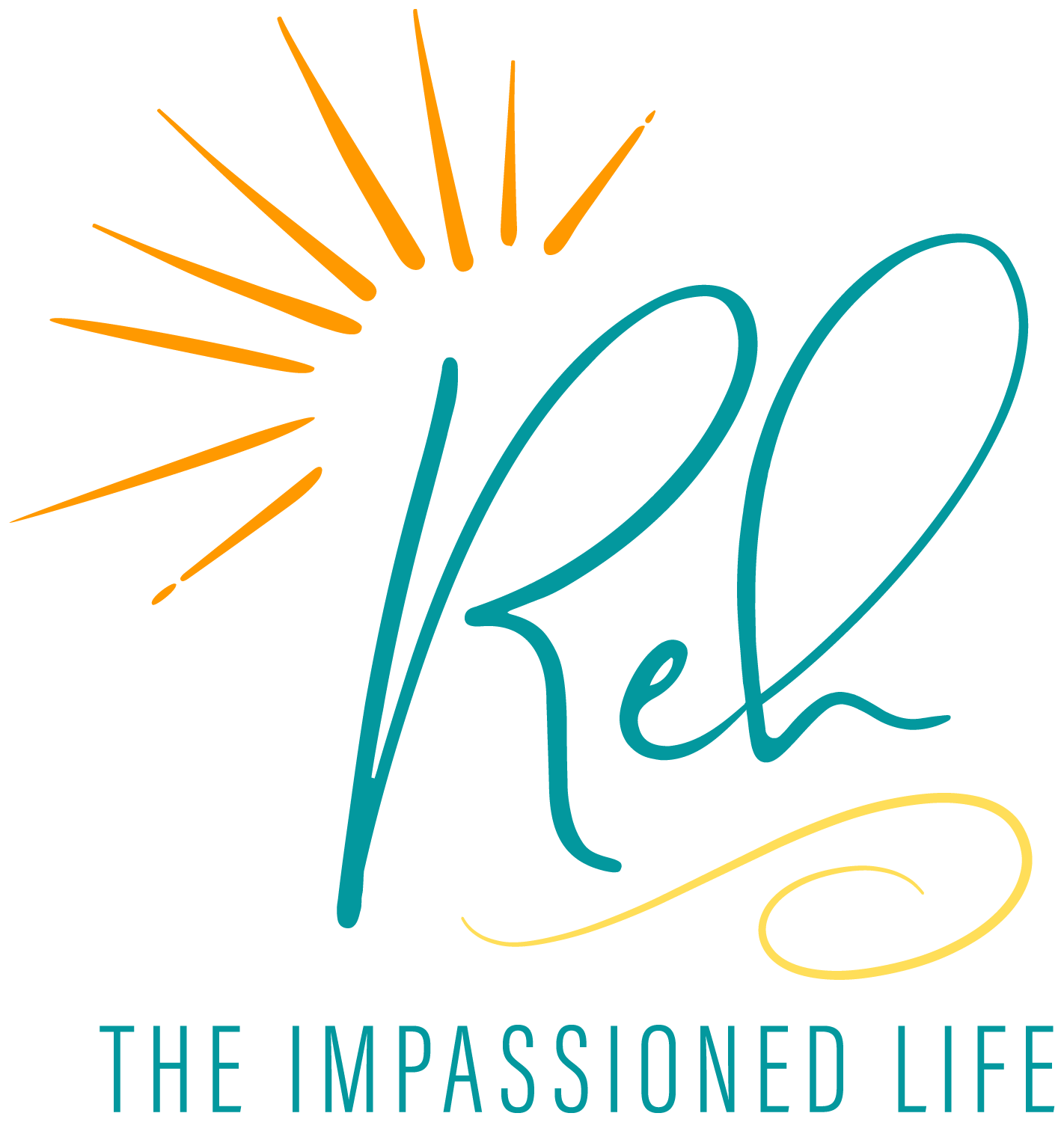Why Self love is not selfish PLUS 5 results of healthy self-love that will empower your life
Self-love. Self-care. Self-acceptance. Self-actualization. These phrases can feel unsettling for many of us from Mormonism or traditional Christianity. I used to feel very triggered when I heard stories about women in particular who put their own needs or personal goals above the needs of their family. Good people don’t focus on their self. I was triggered because I felt like the right way to be was to focus on others, have no boundaries, be as needless as possible, caretake, give at nearly all costs, always be available for others, and sacrifice when asked by the Church. How dare these people be so selfish.
I was, unaware, on an endless wheel to prove my self-worth to others, myself, and to God. I was unhappy but had no idea why. I was following the Plan of Happiness. I was doing everything right. I thought I was at least. I later heard the concept that you can only love others to the extent to which you love yourself. I was triggered by that too! No, I would think, I love others MORE then myself. I put others ABOVE myself. That is goodness.
No, it’s not. Do you want to know why? One word. Resentment. This pious, needless, self-sacrificing attitude breeds resentment. We may not even be conscious about our resentment. It will seep out into all our relationships or blow up when we finally can’t take anymore. It may even contribute to depression and anxiety.
When we are putting others above ourself from an unsolid place, we are ultimately trying to get something out of the relationship. This can be a very uncomfortable realization. We have and project unwritten, unsaid, unaware expectations on others around us. And when they fail to meet those expectations, that undercurrent of resentment can flow right in. When we are not self-actualizing, our self perception is based on the external - how those around us view us. I would argue that even doing for God is STILL an external focus, even though it might FEEL very righteous.
The hardest part about being in this place is that it FEELS very authentic. I remember when I began listing to podcasts and taking group classes from Jennifer Finlayson Fife, she would bring up these concepts. I was triggered. I would think to myself – I DO have a solid sense of self! I know who I am! I don’t do things for others to see me! I behave how I do because it’s the right way to be! I was mad.
But what would I be without all these outside “things” I did? Am I still a good parent if my son gets in trouble at school? Am I still worthy of a relationship if my marriage status changes? Am I still a good mother if my children are half a world away? Am I still a reliable friend if I say no to a request? Can I make good decisions for myself once my relationship with who I thought God was changes? Who am I when I don’t have someone outside of myself telling me who I SHOULD be or validating my actions? Who am I when I fall short of “perfect?”
It is in this space where we truly discover ourselves. The journey to self-acceptance, self-actualization and learning deep self-love is long, hard, and rewarding. It will truly change your life.
Here are 5 results of healthy self-love that will empower your life
1. Internalizing that the only person you have control of is yourself
2. Able to love other’s where they are, not in relation to yourself
3. Empowered and confident in decision making
4. Able to trust others more and ask for what you need
5. Feel whole and complete – no more missing puzzle piece
ONE – You are the only person you have control over
We spend a lot of our lives trying to control other people in order to help ourselves feel safer, valued, powerful, or stable. However, your worth is NOT based on how other people around you behave. Sure, we must be aware of the company we keep, our part in our close relationships, and how our actions affect other people. But if we can release the desire, conscious or unconscious, to change other people, we free ourselves to be who WE really are. When we internalize that we are enough as we are, we then gift that same perception to others. It doesn’t mean we are perfect or they are perfect. We just allow others to make their own choices and understand their choices are NOT a reflection on us.
TWO – Being able to love someone where they are
Similar to the above, when we focus on taking responsibility of our own happiness, worth, actions, and choices, then we can stop taking things so damn personally and we stop being focused on being “right.” And when we don’t take everything so personally and we accept other world views, we have a greater ability to love other people where they are because their actions stop being a reflection back onto US. We can have greater empathy, understanding, and deeper more meaningful relationships
THREE – We will feel more empowered and confident in our decision making and will stop feeling resentful or powerless
When we learn to love and trust ourselves, we will seek less validation in our choices and decisions. This doesn’t mean we suddenly make choices in a bubble. Of course not. Seeking out those whose perspective we value is healthy. But a wise friend or mentor will rarely tell you WHAT to do. We feel resentful and powerless when we feel like our choices are coming from outside of ourselves. This sometimes feels very safe because if, for example, we pray and God tells us what to do, then the result of the choice is on God, not us. If He tells us what to do and we do it, then somehow He will make it alright. Moving into a place where we take full responsibility – full agency and ownership of our choices and their consequences, then we are truly acting from a place of self-love and power.
FOUR – Able to trust others more and ask for what you need
I’m going to tell you a secret. If you don’t have self-trust, you cannot fully trust others. That’s because if you chronically self-abandon (self-sacrifice) and say yes when you say no, how can you really trust that others aren’t doing the same? You can’t. You will always feel badly asking for what you need because you project your own feelings of being inconvenienced onto others. When you establish and hold boundaries from self-love, you are able to truly say yes or no to requests and offer that same boundary to others in return. And if another says no, again, you don’t take it personally.
FIVE - Feel whole and complete – no more missing puzzle piece
When you develop and foster self-love and acceptance and move towards self-actualization, that gnawing feeling of needing someone else or something else to complete you will subside. I had a friend say the other day, in regards to romantic partnership, that she hopes a mutual friend of ours will find “their missing puzzle piece.” I think this idea is very prevalent. That we aren’t whole as we are.
When you begin to love yourself, when you truly internalize that you are enough, that ache to be whole will heal. Whether it is romance, a job, a friend, or any material thing, you realize that which makes you whole is the breath in your lungs. All those other things enrich our experience deeply, but they do not reflect our value.
The journey to self-love is a process. It doesn’t happen overnight, and you will find that the onion of self-worth has MANY layers. But peeling them back will be the best work you ever do, not only for yourself but for everyone you love. Seek support of friends, family, and professionals who will help you find empowerment and success.
All My Love
REH

